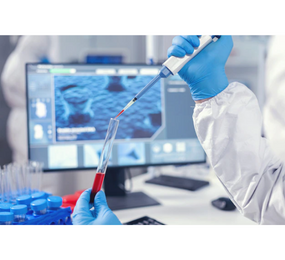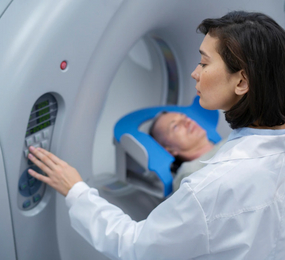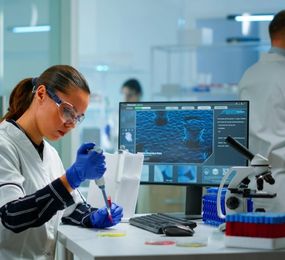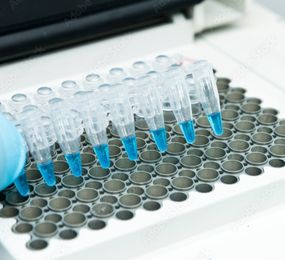The biomanufacturing landscape is brimming with innovation. By harnessing the power of living cells and biological processes, scientists and engineers are developing groundbreaking technologies that hold immense promise for the future. Let's delve into some of the most exciting advancements:
-
Synthetic Biology: This powerful tool allows researchers to reprogram the genetic code of organisms, enabling the creation of designer cells that can produce valuable bioproducts on demand. Imagine engineering yeast strains to churn out biofuels or bacteria programmed to manufacture complex pharmaceuticals.
-
Cell and Gene Therapy: This rapidly evolving field holds tremendous potential for treating a wide range of diseases. By manipulating genes or introducing healthy cells into the body, scientists are developing revolutionary therapies for cancer, genetic disorders, and even neurodegenerative diseases.
-
3D Bioprinting: This emerging technology allows for the precise three-dimensional printing of living cells and biomaterials, paving the way for the creation of complex tissues and even functional organs. 3D bioprinting has the potential to revolutionize drug discovery, personalized medicine, and regenerative therapies.
-
Biomaterials: Scientists are developing innovative biomaterials with unique properties for use in a variety of applications. These materials, derived from natural sources or engineered in the lab, can be used to create implantable medical devices, wound dressings, and even sustainable bioplastics.
-
Biorefineries: As we move towards a more sustainable future, biorefineries are emerging as a promising alternative to traditional fossil fuel-based refineries. These facilities utilize biological processes to convert biomass, such as plant matter or agricultural waste, into renewable fuels, chemicals, and bioproducts.
These cutting-edge biomanufacturing technologies are not just shaping the future of medicine and healthcare; they have the potential to revolutionize countless industries. From sustainable materials development to bioremediation and personalized nutrition, the possibilities are vast.
However, alongside the immense potential comes the need for careful consideration of ethical implications, biosafety regulations, and infrastructure development. As we embrace these advancements, open dialogue, and collaboration will be crucial to ensuring responsible and equitable biomanufacturing practices.
To register or learn more about the Forum please check here: https://bit.ly/3zxguXW
For more information and group participation, contact us: [email protected].
















